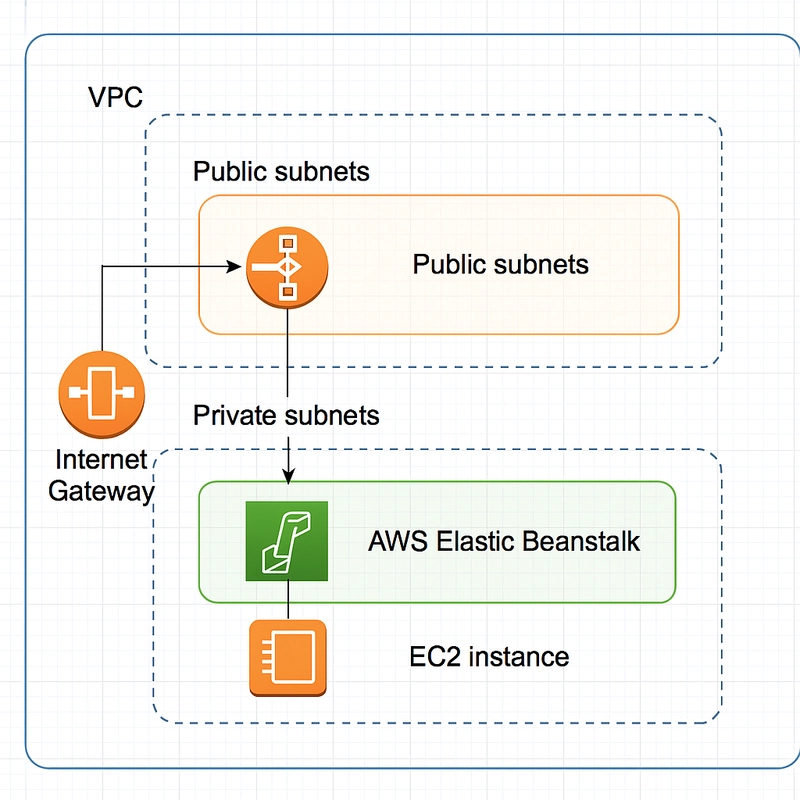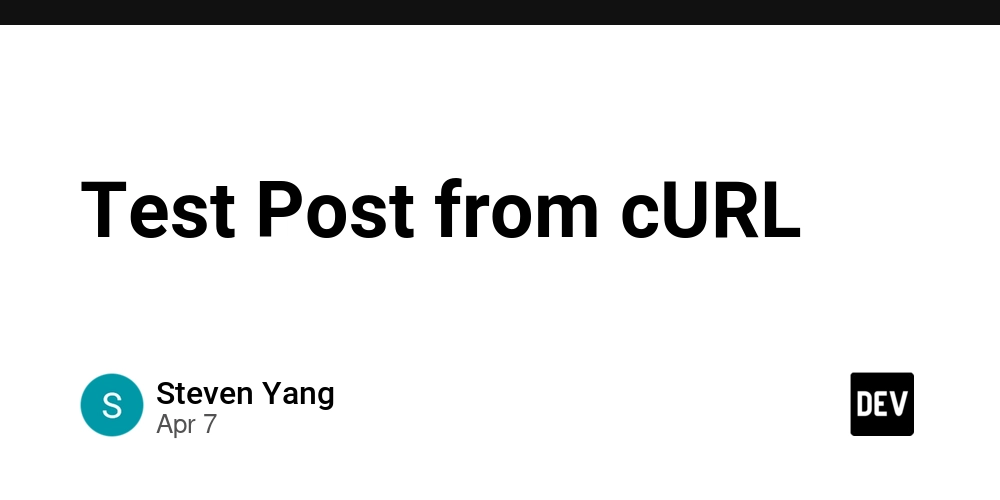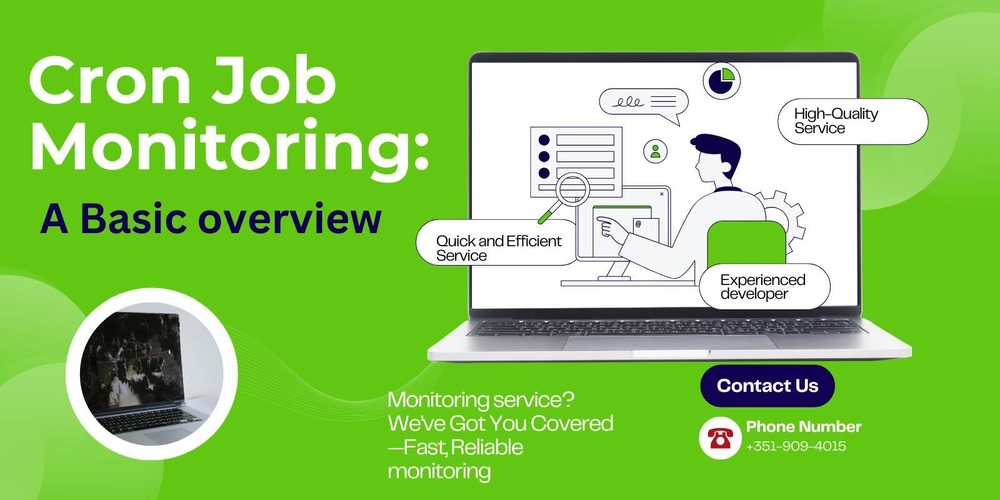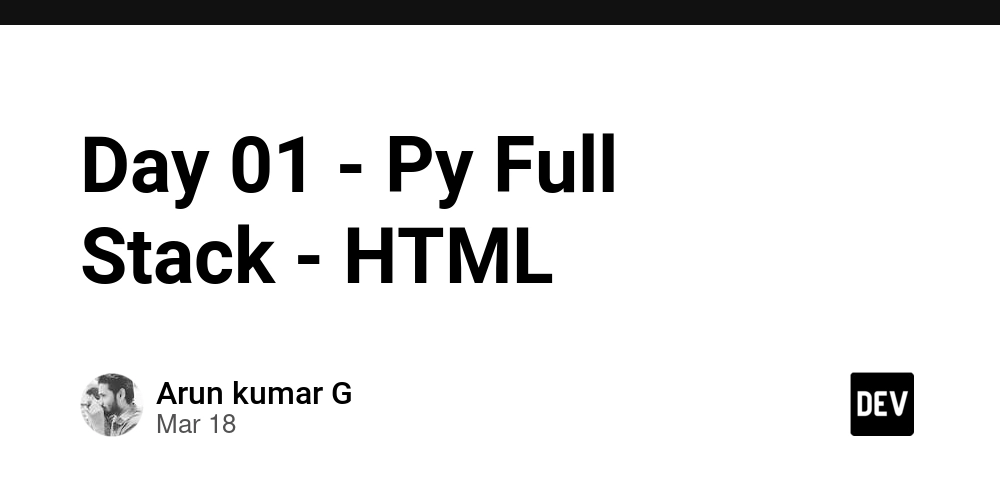Running NestJS in a Lambda function with LocalStack and Serverless Framework
Hey there, tech enthusiasts! Ever found yourself needing a quick and efficient way to whip up QR codes for your projects? Well, in today's blog post, we will cover an awesome solution that brings together NestJS and AWS Lambda, all while keeping things super smooth with the Serverless Framework and LocalStack. In this post, we’ll dive into on nestjs-lambda-qrcode-generator-with-local-stack project that tackles real-world challenges by turning NestJS applications into Lambda functions. We’ll also see how the Serverless Framework makes deploying these functions a breeze and how LocalStack lets you test everything locally without breaking a sweat. Whether you’re a seasoned developer or just starting out, this guide will show you how to create a scalable, serverless QR code generator that’s ready for any project you throw at it. Let’s get started! Local Stack and Serverless ⚔ It's important to give some context before going deeper into the two technologies that are applied to the project LocalStack is a powerful tool that emulates AWS services on your local machine, enabling developers to test and develop cloud applications without the need to deploy them to the actual AWS environment. This local emulation accelerates development cycles and reduces costs associated with cloud deployments. The Serverless Framework is a popular open-source framework that simplifies the deployment and management of serverless applications across various cloud providers, including AWS. It streamlines the process of defining and deploying serverless functions, making it easier for developers to build scalable applications. By integrating LocalStack with the Serverless Framework, developers can deploy and test their serverless applications locally, ensuring that everything works as expected before moving to the cloud. This combination provides a seamless workflow for building, testing, and deploying serverless applications efficiently. Running a NestJS project on lambda

Hey there, tech enthusiasts! Ever found yourself needing a quick and efficient way to whip up QR codes for your projects? Well, in today's blog post, we will cover an awesome solution that brings together NestJS and AWS Lambda, all while keeping things super smooth with the Serverless Framework and LocalStack.
In this post, we’ll dive into on nestjs-lambda-qrcode-generator-with-local-stack project that tackles real-world challenges by turning NestJS applications into Lambda functions. We’ll also see how the Serverless Framework makes deploying these functions a breeze and how LocalStack lets you test everything locally without breaking a sweat.
Whether you’re a seasoned developer or just starting out, this guide will show you how to create a scalable, serverless QR code generator that’s ready for any project you throw at it. Let’s get started!
Local Stack and Serverless ⚔
It's important to give some context before going deeper into the two technologies that are applied to the project
- LocalStack is a powerful tool that emulates AWS services on your local machine, enabling developers to test and develop cloud applications without the need to deploy them to the actual AWS environment. This local emulation accelerates development cycles and reduces costs associated with cloud deployments.
- The Serverless Framework is a popular open-source framework that simplifies the deployment and management of serverless applications across various cloud providers, including AWS. It streamlines the process of defining and deploying serverless functions, making it easier for developers to build scalable applications.
By integrating LocalStack with the Serverless Framework, developers can deploy and test their serverless applications locally, ensuring that everything works as expected before moving to the cloud. This combination provides a seamless workflow for building, testing, and deploying serverless applications efficiently.











































































































































































![[The AI Show Episode 142]: ChatGPT’s New Image Generator, Studio Ghibli Craze and Backlash, Gemini 2.5, OpenAI Academy, 4o Updates, Vibe Marketing & xAI Acquires X](https://www.marketingaiinstitute.com/hubfs/ep%20142%20cover.png)




























































































































![[DEALS] The Premium Learn to Code Certification Bundle (97% off) & Other Deals Up To 98% Off – Offers End Soon!](https://www.javacodegeeks.com/wp-content/uploads/2012/12/jcg-logo.jpg)


![From drop-out to software architect with Jason Lengstorf [Podcast #167]](https://cdn.hashnode.com/res/hashnode/image/upload/v1743796461357/f3d19cd7-e6f5-4d7c-8bfc-eb974bc8da68.png?#)








































































































.png?#)

































_Christophe_Coat_Alamy.jpg?#)
 (1).webp?#)





































































































![Apple Considers Delaying Smart Home Hub Until 2026 [Gurman]](https://www.iclarified.com/images/news/96946/96946/96946-640.jpg)
![iPhone 17 Pro Won't Feature Two-Toned Back [Gurman]](https://www.iclarified.com/images/news/96944/96944/96944-640.jpg)
![Tariffs Threaten Apple's $999 iPhone Price Point in the U.S. [Gurman]](https://www.iclarified.com/images/news/96943/96943/96943-640.jpg)




































































































































